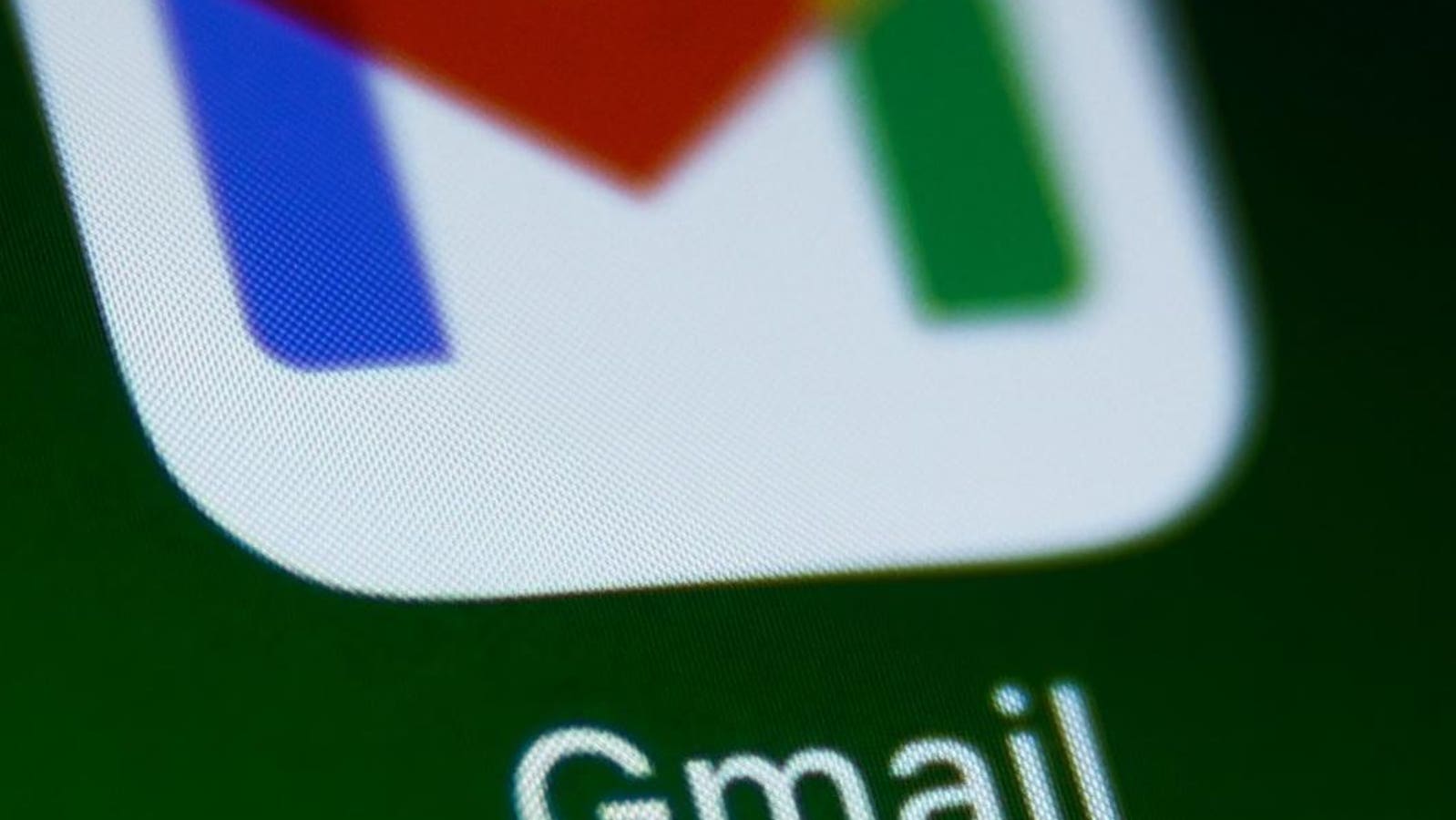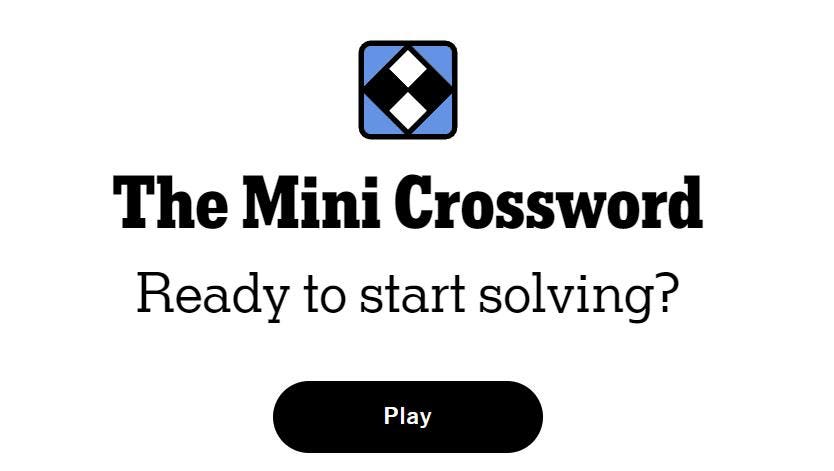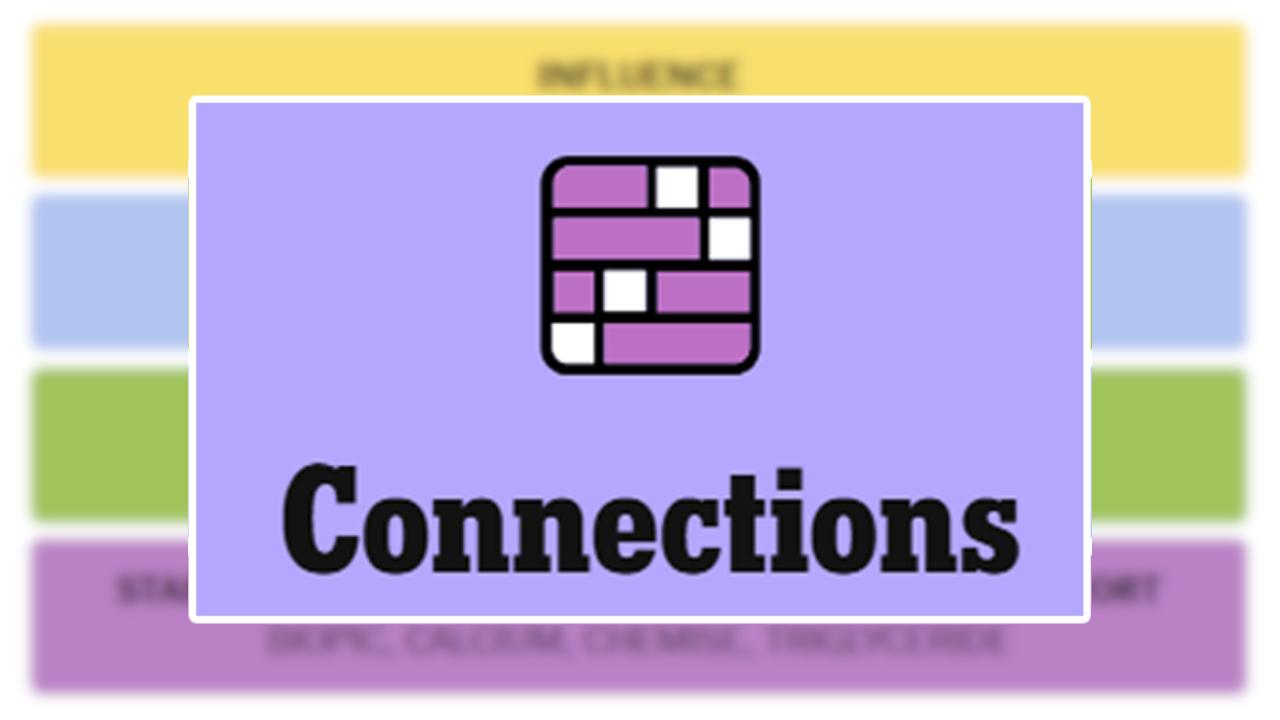Be very careful what you do next
Update: Republished on May 24 with a new report contrasting iPhone and Android AI offerings, which shape the latest decision for Gmail users..
Here we are again. Google has just offered a huge upgrade choice for its 2 billion Gmail users, and this time you need to decide very carefully before jumping onboard. We are heading quickly into uncharted territory, and there’s likely no turning back.
Following hot on the heels of AI-fueled relevancy search, Google has now teased a much more wholesale AI offering for Gmail users. Smart replies — which have been evolving anyway — will now use your past emails and even Google Drive data to better mimic your tone and style and even shape the content of how you reply to emails.
“Gmail is getting personalized smart replies that incorporate your context and tone,” Google says. “Draft replies will sound authentically like you and match your typical tone, as the responses are created from past emails and Drive files.”
But as The Verge explains, “the improvements build on Google’s ‘contextual’ upgrade to smart replies it introduced last year… But they could still only bring in information from the Gmail thread you were in. With the changes announced today, smart replies will theoretically be able to include a lot more context than before.”
This upgrade will roll out across both Android and iOS as well as the web. As ever, it will be limited to English to begin with and then will expand. Perhaps more than any other AI upgrade, this is the tipping point for users. How much is too much and where exactly is the trade off between convenience and privacy when it comes to email.
There is also a disconnect at the center of the latest upgrades coming to Gmail. Its introduction of a form of end-to-end encryption is incompatible with the various AI upgrades it is also introducing. AI can’t see encrypted emails. At some point there needs to be a policy statement as to where email is actually heading.
For home users crafting the perfect reply to a contractor or moving the weekend’s dinner plans, this will be fine. But apply these upgrades to an enterprise setting and we start to see a raft of concerns as AI runs wild across private, confidential, sensitive data.
Per Android Authority, “of course, enabling this feature means giving Gemini permission to access your emails and scan the contents of your Google Drive. So, if privacy is a concern, the feature may not be for you.”
Meanwhile, PC Mag warns “I gave Gemini access to my Gmail, and it weirds me out.” And while this focuses on unexpected results, “Google collects a variety of information when you use Gemini, which includes your entire chat history. The company uses this information to improve its products and train its large language models. However, Google doesn’t use Gemini data from Google Workspace apps, like Gmail, for training, ad targeting, or selling. I appreciate the guarantee, but I don’t fully trust Google.”
And as Tom’s Guide points out, “there’s no guarantee sensitive details won’t accidentally resurface in an AI-generated summary, [and] as AI gets more embedded into devices, will opting out become harder over time? Google encourages users not to input confidential data into Gemini — but that can be easier said than done if the assistant is plugged into your entire Google life.”
All that said, as expected with new AI innovations, there’s a general buzz to see what’s new. And that’s what Google and others rely on. These upgrades are intentionally sticky and represent the highlights of new features coming to phones and other platforms.
As fun as it all sounds, I would urge caution before jumping in — we are still at the early stages of these changes, and we have no clue yet as to the privacy and security risks millions if not billions of users will now be taking. Per Android Police by way of example, “until legislators catch up with AI development, our data is at the mercy of companies like Google and OpenAI. Should Google wish to update Gemini’s terms of service to allow the company greater and longer access to your data, there’s nothing you can do about your past activity.” And while there is a full set of controls to dictate what is shared and what is saved, most users rarely if ever delve in to those settings.
This privacy dilemma is highlighted by Android Headlines, in a report warning “Google’s Gemini is so far ahead, Apple’s Siri looks like a fossil.” While Gemini on Android does favor on-device processing and Google’s privacy-preserving angle, none of this works without a whole lot of user data find its way into Google’s AI cloud. Apple is stuck behind a privacy stance than isn’t holding Google back, and as is now markedly clear, users are voting with their feet. AI privacy isn’t the USP Apple hoped it would be.
Android Headlines says Apple has now learned “that not all AI can be done on-device. Which is another issue that hits at their privacy philosophy. So instead of simply doing things in the cloud, Apple went ahead and built the Privacy Compute. This essentially creates a bubble for your privacy data, so that Apple is still not technically collecting it. While it’s cool and all, it doesn’t really matter when your AI features barely work.”
And user data is the blood that flows through this system to make it all work. “A big issue for Apple has been its privacy stance. Because Apple prides itself on not collecting its users’ data like Google and almost every other company does, it makes it much harder for them to train their AI, as they can only use data that they are able to license, which isn’t a whole lot of data.” And so Apple has this hybrid model where more powerful processing turns to ChatGPT or soon maybe Gemini. But that’s much harder to stitch into the core OS in the way Google is doing with Gemini.
None of that changes the facts though. Your privacy really is at risk. And those risks will start to bite at some point — that has been the case with every other data excess or abuse that has hit our phones and PCs. The only question is when.
“Try it yourself later this year,” Google says of Gmail’s new Gemini upgrade.
Decide carefully.








